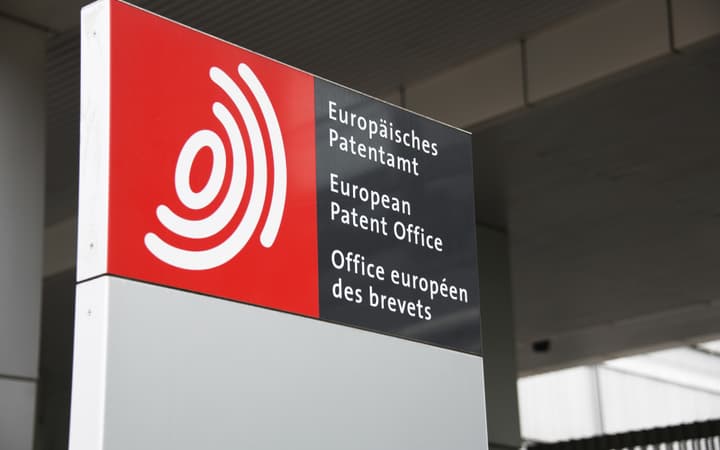G1/21 – Where are we today?
Thomas Gibb

Further to our recent updates, matters concerning G 1/21 continue to progress quickly. This pending referral to the Enlarged Board of Appeal (EBA) is quickly becoming one of the more bad-tempered issues the European Patent Office (EPO) has seen in recent years.
As a reminder, this pending referral to the EBA concerns if the EPO can legally hold oral proceedings by videoconference without the consent of all parties. Recently, the EBA notified parties that oral proceedings for the final consideration of arguments on this point would be held on 28 May 2021. This notification in itself caused some bad feeling, as the date for oral proceedings was the earliest that the EBA could possibly set, and because the oral proceedings before the EBA were scheduled to be held by videoconference. Additionally, the EBA suggested the referral could be dealt with even more rapidly if the parties involved decided oral proceedings were no longer required.
Since then, the EPO has announced that it will continue to hold oral proceedings in opposition and examination by videoconference under the current rules, including in cases where all the parties have not consented, whilst the referral to the EBA remains pending. The EPO has supported this decision with the statement that avoiding a further delay in access to justice due to the COVID 19 pandemic is a priority.
Additionally, the EPO’s Administrative Council has approved an amendment to the Rules of Procedure of the Boards of Appeal. This amendment confirms the existing practice of the Boards of Appeal in holding videoconference oral proceedings without all parties’ consent.
Given the above, it is clear that the EPO is confident that the EBA will conclude that it is indeed acceptable to hold oral proceedings by video conferencing without all parties’ consent.
However, it is also apparent that not all attorneys and applicants agree with the approach taken by the EPO and the EBA in this matter to date. An anonymous third-party has raised objections to the composition of the EBA considering the referral, questioning its partiality.
More specifically, the third-party observations suggest that as the Chairperson of the EBA was involved in drafting the rules that allow videoconference proceedings to be held without all parties’ consent, he cannot be considered impartial when hearing the referral.
Similar objections are also raised against other EBA members where they are known to have participated in drafting the updated rules relating to videoconference. Finally, the third party observations also allege that the fact that the EBA has opted to hold oral proceedings by videoconference is further evidence that “the EBA as a whole is not impartial on this point”.
Whilst this issue is undoubtedly controversial and rapidly developing, the good news is that, to date, there has been minimal disruption to the progress of pending matters due to these controversies. Oral proceedings are continuing by videoconference in examination and opposition, and with the consent of all parties in appeal. We expect this will remain the case at least until the EBA issues its decision on the referral, after which videoconference proceedings may well become the permanent norm.






